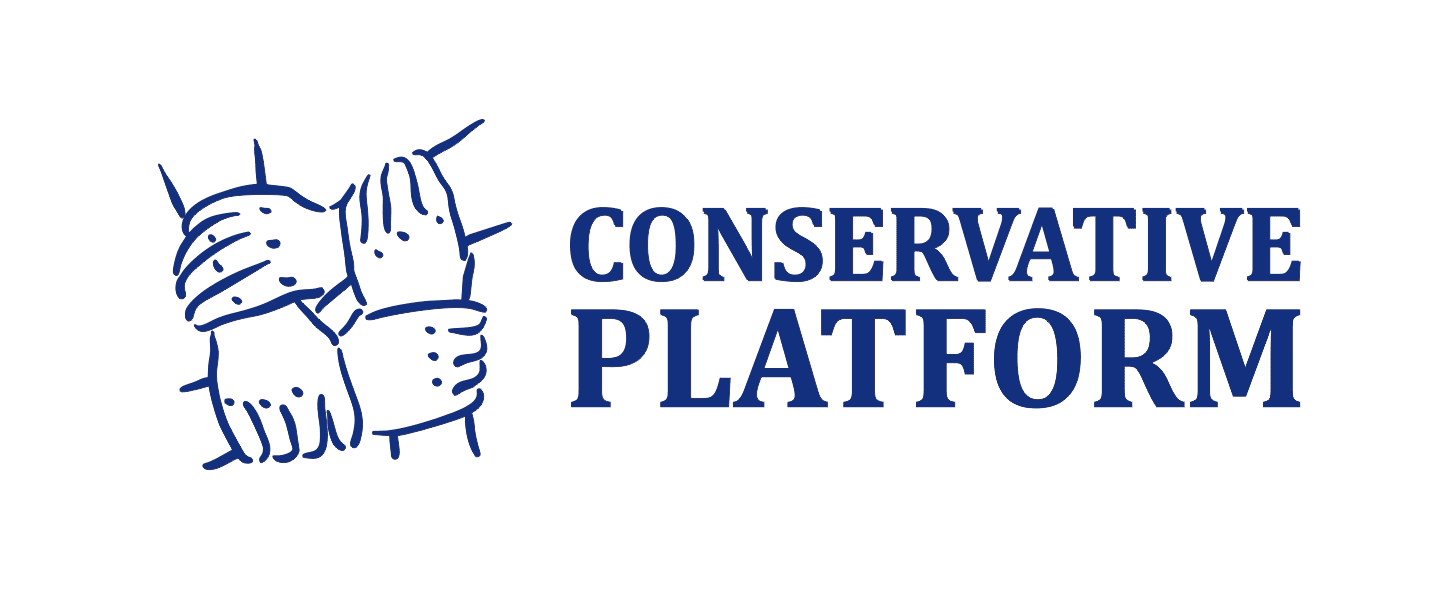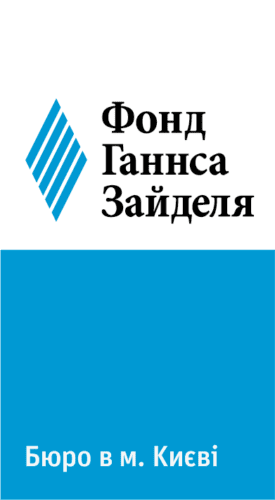A country fighting for independence on borrowed money and asking for foreign financial aid has decided to introduce a free school meals initiative that the richest countries in Europe cannot afford.
According to a statement on the website of the Ministry of Education and Science of Ukraine, starting in October, the government will provide free one-time meals for students in grades 1-4. For this purpose, at the initiative of the President of Ukraine, UAH 2 billion was allocated from the budget for 2024 to local communities in the form of a subvention. According to President Volodymyr Zelenskyy, a total of UAH 5.8 billion is allocated for this program.
Previously, only students in privileged categories were provided with free lunches in Ukraine: orphans, children deprived of parental care, children from low-income families, IDPs and other vulnerable categories, including certain categories of children of veterans. According to the ministry, this government initiative will help to form good eating habits from an early age. The Ministry of Education and Science explained that the subvention can be used both to purchase food and to pay for catering and/or outsourcing services. Suppliers are certainly happy to receive new orders, but for the economy of a country at war, such a social initiative seems like an excessive burden.
For people who pay higher taxes this month, donate their last dime to the Armed Forces, and see the frankly miserable economic situation in the country, it may seem that journalists have mistakenly picked up this news from German or British websites. Especially when Ukrainians hear in the news how Ukraine is asking Western countries to finance the production of Ukrainian weapons at Ukrainian military plants. In particular, this year Denmark will finance and pay for the production of 18 Ukrainian Bohdan self-propelled artillery systems. In other words, it will buy them from Ukrainian manufacturers and give them to Ukraine (!). The Ukrainian budget simply does not have the money for this, officials say.
But in German and British schools, there are no universal free meals for all. These countries are not used to wasting taxpayers’ money and paying for the meals of the children of the rich and middle class, who often also attend public schools. Margaret Thatcher in Britain, who abolished free milk for schoolchildren in the 1980s, stated bluntly: “there is no such thing as free milk”. Thatcher often repeated that there is no public money in the country, only taxpayers’ money.
Only Sweden, Finland, and Estonia provide free meals for schoolchildren of all ages . In a number of countries, including Austria, France, Belgium, Greece, Ireland, Bulgaria, Italy, Poland, Romania, the Netherlands, Luxembourg, Germany, Hungary, the United Kingdom, the Czech Republic, Portugal, Spain, Slovakia, and Slovenia, free meals are provided for children from low-income families or in poorer regions, which is quite natural and fair.
But Ukraine is obviously richer than the Netherlands or Austria if it can afford elements of social policy that even the richest EU countries cannot afford. Ordinary Ukrainians are well aware of the foreign cars, Lexuses, and Teslas that clog the parking lots of Ukrainian public schools when parents drive their children to school. And they know very well what the latest models of iPhones and other gadgets are that some students of the same public and perpetually underfunded schools have.
The state initiative de facto creates a situation where ordinary taxpayers (in Ukraine, these are not large corporations, but ordinary workers) will finance lunches for the children of local businessmen, judges, prosecutors, and officials who can easily pay for their own children’s meals. The largest share of tax revenues in the Ukrainian budget is personal income tax, and it is ordinary Ukrainians who will pay for this semi-communist initiative.
In Ukraine, it would be quite possible to introduce free meals for children in the future, after the victory, when we have enough of everything and don’t know what else to spend the money on. But not when we are standing with our hand outstretched to the world and our army lacks weapons. When our military plants have no sales because the state has no money to pay them for weapons. Social policy is always good when there is extra money for it, when the country can afford to eat because there is something to earn, but not when the enemy is capturing Ukrainian villages and cities and we do not have enough money to defend our independence.
With its free school meals initiative, Ukraine is like an unemployed homeless man who walks into a bar and buys everyone a drink. Moreover, such wastefulness will certainly encourage populist forces in European countries and in the United States to demand that financial aid to Ukraine be cut off if it has money for things that Americans and Germans do not. For example, how would Donald Trump and American conservatives or opposition German and French opinion leaders comment on this? And how would their voters then change their percentage in opinion polls regarding the continuation of military and financial assistance to Ukraine?
It’s no secret that the entire “civilian” part of the Ukrainian budget is financed by foreign aid, while our economy works for the army. It is quite possible to assume that foreign partners advised that their money be spent purely on social needs, and not, God forbid, on a defense war against Russia. But for some reason, the Ukrainian government has not found other critically problematic civilian areas to direct these funds to, so as not to arouse envy and reproaches, including from foreign partners. The leftist policy of eating and wasting, of giving away taxpayers’ money for free, especially when not backed by a strong economy, has never led a country to prosperity, but has often led to disaster.
Author: Valeriy Maydanyuk




